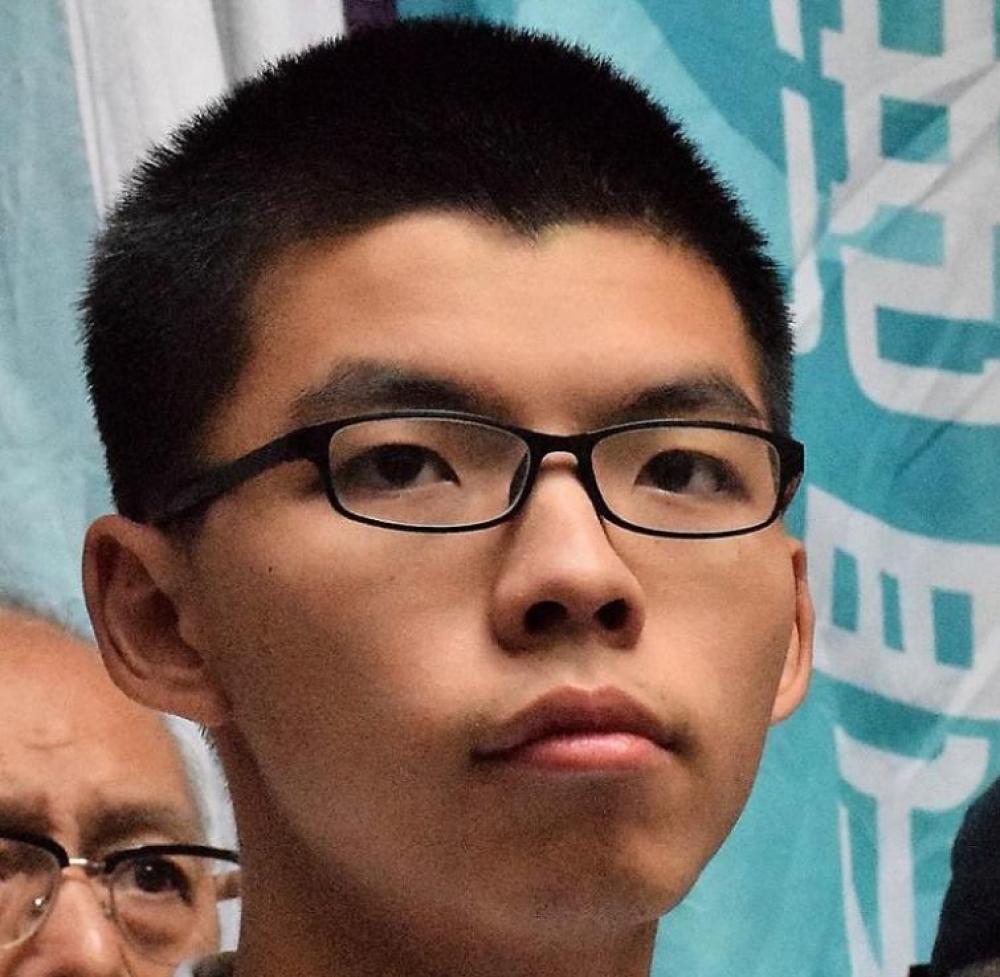Just Earth News | @justearthnews | 21 Jun 2020

Wikimedia Commons
Hong Kong activist Joshua Wong has said implementation of the new legislation by the Chinese government on the city may trigger protests.
In an e-mail interview to ANI on Saturday, Wong said, "This is the critical moment of the beginning of the end for every single citizen in Hong Kong. In the face of this draconian law, Hongkongers will not be scared of from telling truths and fighting for our justice."
"The new law will spark new rounds of protests in the city. In fact, the reason for two million Hongkongers took to streets last year is to protect our next generations from evil laws imposed by Beijing. Hongkongers have carried out a large-scale demonstration once in 2003 to block the first introduction of national security legislation," Wong, who is secretary-general of the pro-democracy party Demosisto, said.
"Now Beijing's move is actually ramming this most controversial and unpopular law down Hongkonger's throat without any legislative scrutiny. It is foreseeable that Hongkongers are prepared to fight to protect our vanishing freedoms," he added.
Meanwhile, the UN High Commissioner for Human Rights said on Friday that her office was closely following developments as China’s top legislative body, the National People’s Congress, holds talks on a proposed national security law for Hong Kong.
Michelle Bachelet stressed that the draft law for the Special Administrative Region must fully comply with China’s human rights obligations.
"Such laws can never be used to criminalize conduct and expression that is protected under international human rights law”, she said.
The draft law reportedly covers four main crimes: succession, subversion of state power, local terrorist activities, and collaborating with foreign or external foreign forces to endanger national security.
Bachelet said any law for Hong Kong must respect the provisions of two international treaties: one on civil and political rights; the other on economic, social and cultural rights.
Additionally, Hong Kong’s Basic Law provides that any restrictions on rights and freedoms shall not contravene these provisions.
Hong Kong, a former British colony, was handed over to China in 1997, and the Basic Law preserves its autonomy as a Special Administrative Region under the principle of “one country, two systems”.
Bachelet said any national security law should be clear in scope and definition, and only permit restrictions to human rights that are strictly necessary and proportionate.
The UN Human Rights Office has engaged with Beijing on this issue and will continue to monitor the situation.